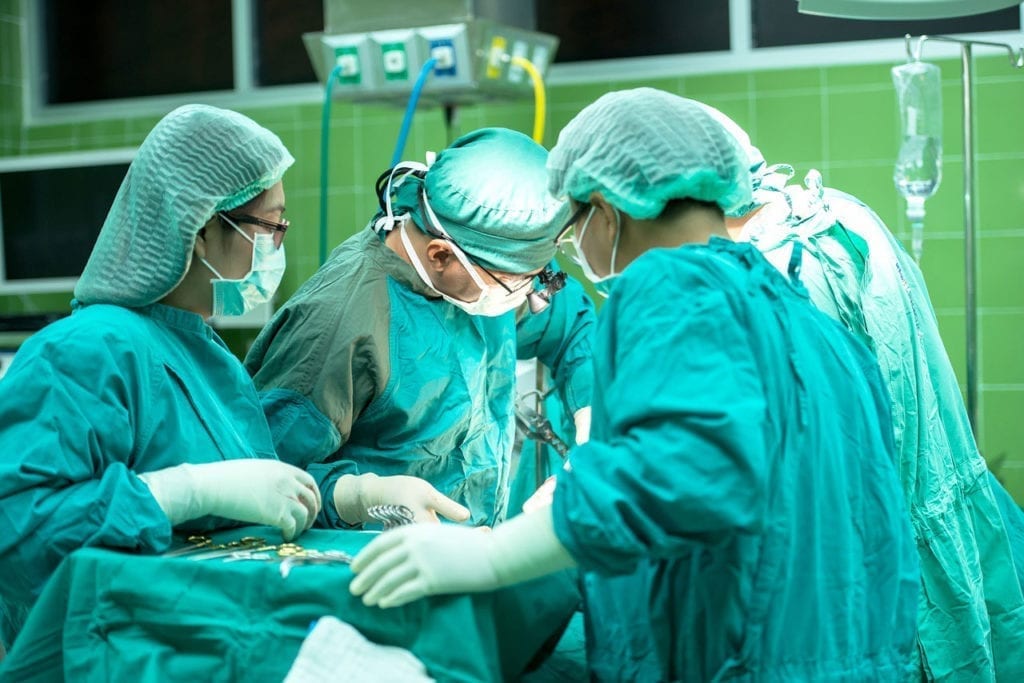According to a story from Science Daily, a review of studies focused on allogeneic stem cell transplants as a treatment for non-Hodgkin lymphoma found that it wasn’t possible to conclude whether the approach was useful for patients or not. The review was conducted by a team from The German Institute for Quality and Efficiency in Health Care (IQWiG). An allogeneic transplant is a procedure in which stem cells from another person are used.
About Non-Hodgkin Lymphoma
Non-Hodgkin lymphoma is a group of blood cancers that, in some cases, can grow rapidly. This cancer affects a type of white blood cell called a lymphocyte. As non-Hodgkin lymphoma can include any type of lymphoma that is not Hodgkin’s lymphoma, they probably have diverse array of causes. Risk factors for the development of these cancers include infections by certain viruses and bacteria, exposure to chemicals such as herbicides, prior autoimmune diseases, prior radiation or chemotherapy, and some genetic conditions. Symptoms may include itching, swollen lymph nodes, fatigue, fever, weight loss, and night sweats. Treatment often includes chemotherapy, stem cell transplant, and, less commonly, immunotherapy. The five year survival rate for these cancers is around 71 percent in the US. To learn more about non-Hodgkin lymphoma, click here.
Stem Cell Transplants in Non-Hodgkin Lymphoma
Stem cell transplant is usually considered for non-Hodgkin lymphoma if other approaches, such as radiation or chemotherapy, are ineffective. The research team compared the impact of allogeneic stem cell transplant to a variety of other approaches. The relative rarity of these cancers makes this comparison a challenge. There are also many different sub-variants of non-Hodgkin lymphoma that vary widely in their presentation and behavior.
The researchers looked at findings from a total of 43 different studies. These studies had varied results that were usually focused on the survival times of patients. The team was unable to conclude that allogeneic stem cell transplant had any advantages over controls and drawing conclusions about quality of life impacts were also impossible. This is hardly reassuring for a procedure that carries the risk of serious complications like graft-vs-host disease.
Despite these conclusions, commenting clinicians offered that in their experience the procedure could substantially improve survival for patients. Clearly, more rigorous studies are necessary to thoroughly establish if allogeneic stem cell transplant is beneficial in non-Hodgkin lymphoma.






